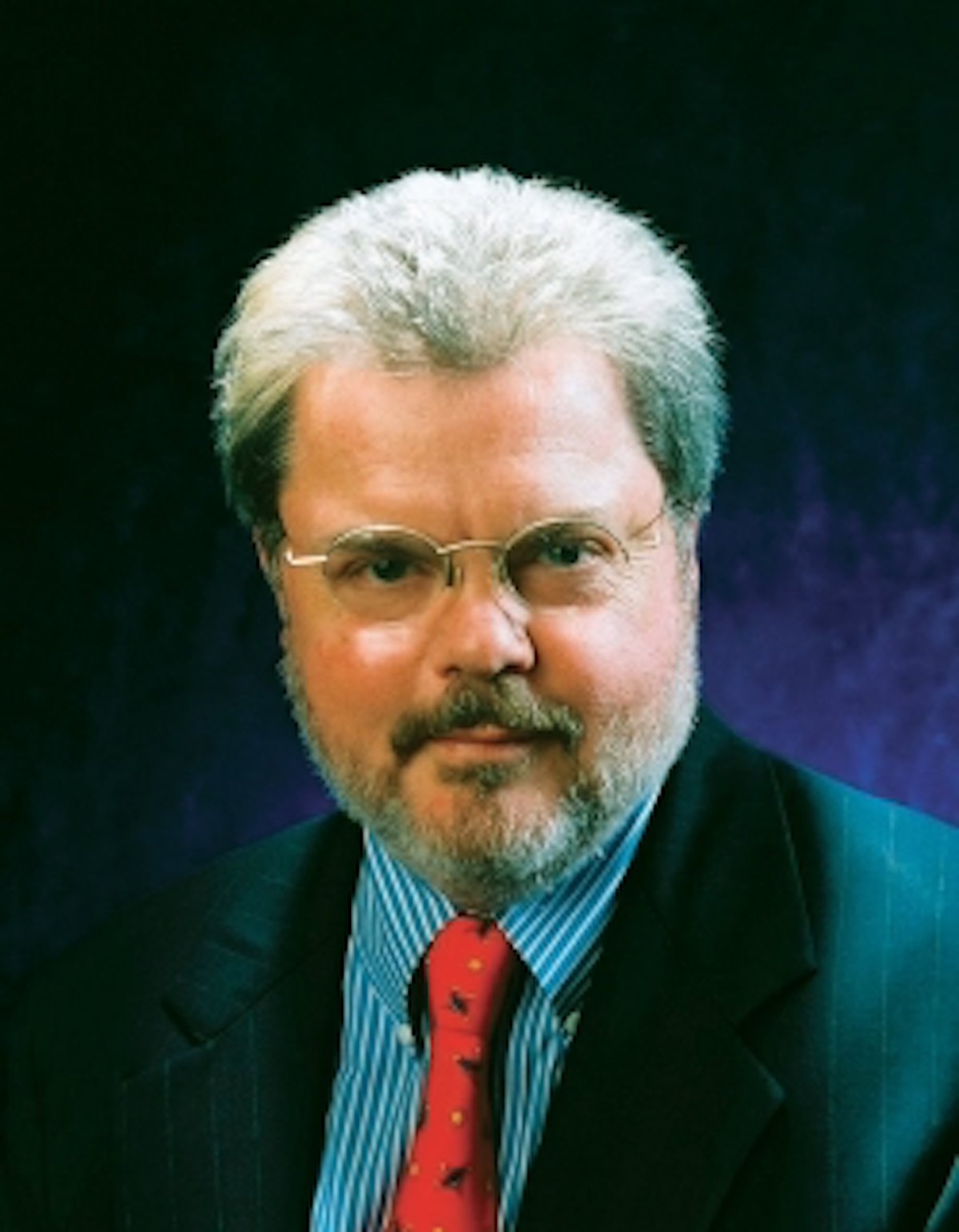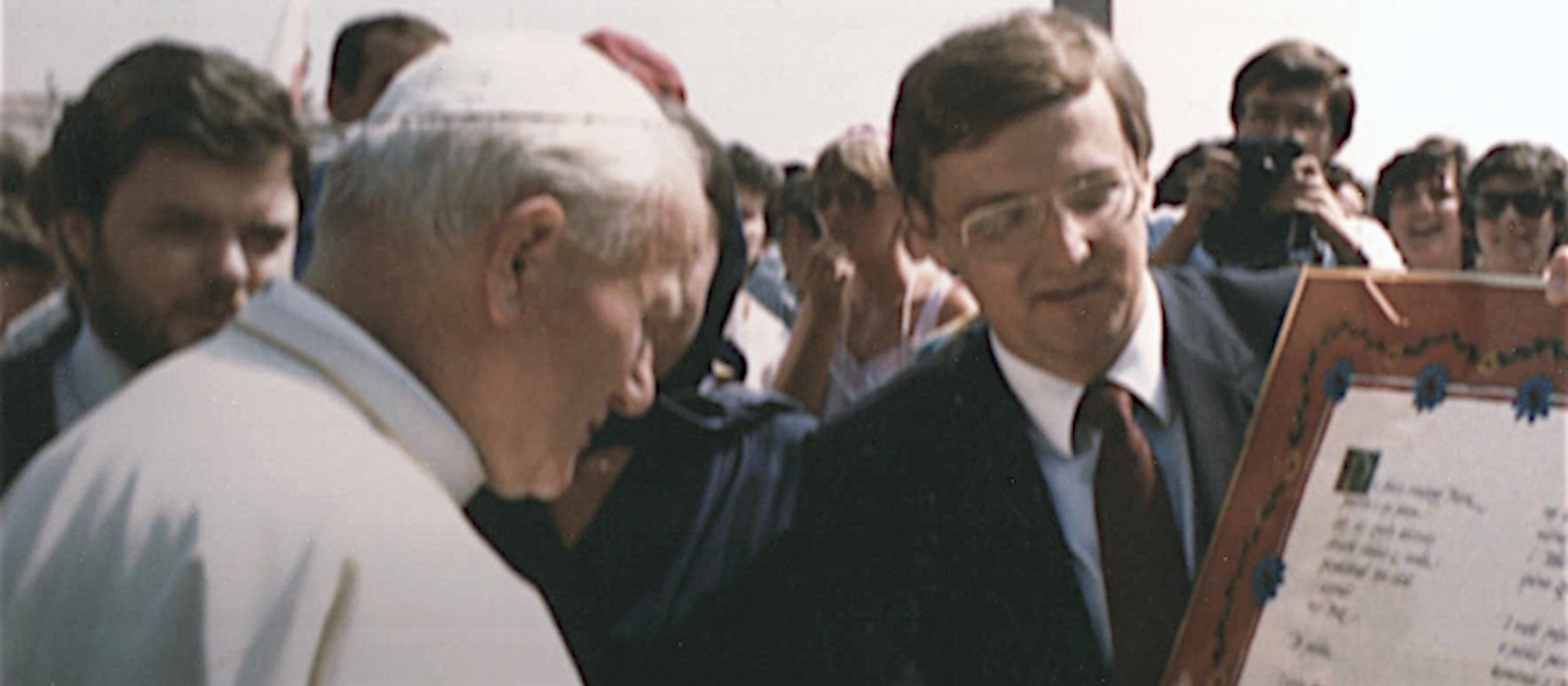
Ted Lipien remembers Ken Tomlinson
I met Ken Tomlinson for the first time in 1982 when he became Voice of America director and I was in charge of VOA broadcasts to Poland. Ken asked me what the Polish Service needed to expand its news coverage and later made sure we got everything we wanted: more employees in Washington and reporters in the U.S., more overseas correspondents and stringers, more money to cover Solidarity-related news stories in the U.S. and in Europe.
Ken Tomlinson understood that the Polish Service was at that moment in VOA’s history the key to the success of its mission. Our audience grew to over 70 percent of the population and at the end communism in Poland collapsed and democracy was peacefully restored. There is no doubt that Ken Tomlinson, the Voice of America, and especially Radio Free Europe and Radio Liberty, helped Ronald Reagan bring down “the evil empire” faster than it would have happened otherwise.
Still during the martial law in Poland in the 1980s, I traveled with Ken and his wife Rebecca to Rome to meet Pope John Paul II. It was a brief meeting at a general audience, but the Pope showed a lot of interest in our work and asked a few questions. He thanked us for VOA news broadcasts to his beloved country.
I later went to Europe to work as a marketing director for U.S. international broadcasting and lost touch with Ken, but when I returned to VOA in 2003, Ken was chairman of the Broadcasting Board of Governors. He surprised me with a written welcome home note. He made sure I was happy in my new position as European (later Eurasian) Division director.
After my return to Washington in 2003, I visited Ken in his office only a few times. He seemed less optimistic than he was when I knew him in the 1980s. We talked mostly about broadcasting to the Middle East. I remember telling him that while creating Radio Sawa and Alhurra TV as independent semi-surrogate stations was an excellent idea if they could replicate the success of RFE/RL, eliminating completely the VOA Arabic Service and giving Radio Sawa a music format with very little time for news, was not. He said that he agreed with me on Radio Sawa and complained about difficulties at the BBG board and at the Voice of America. He said that he would ask one of the board members behind the Radio Sawa project to talk to me, but no one ever called.
I felt sorry for the treatment Ken received at the BBG and the CPB and wanted to cheer him up. In later meetings, we talked more about his family than about work-related issues. One of his sons was in the U.S. military and was going to Gdansk, the birthplace of Solidarity, for a visit. I lent him some of my books about Poland. I also gave Ken a photograph of his meeting with Pope John Paul II. He told me that the meeting with the Pope and the photograph meant a lot to him.
I found Ken to be remarkably generous and kind. I admired his ability to connect with people of all backgrounds, especially those who suffered injustice. He understood VOA’s mission as bringing about change in the lives of people who desire more than just newscasts. He wanted to show through outstanding in-depth journalism that America cares about them and their struggle.
Unfortunately, we again lost touch after he and I left the BBG. But I often thought about him, especially about all the help and encouragement he gave me when I ran the Polish Service in the 1980s. In my journalistic and broadcasting career, Ken Tomlinson was the greatest Voice of America director during an especially challenging moment in history. His family will be in my thoughts and prayers.
